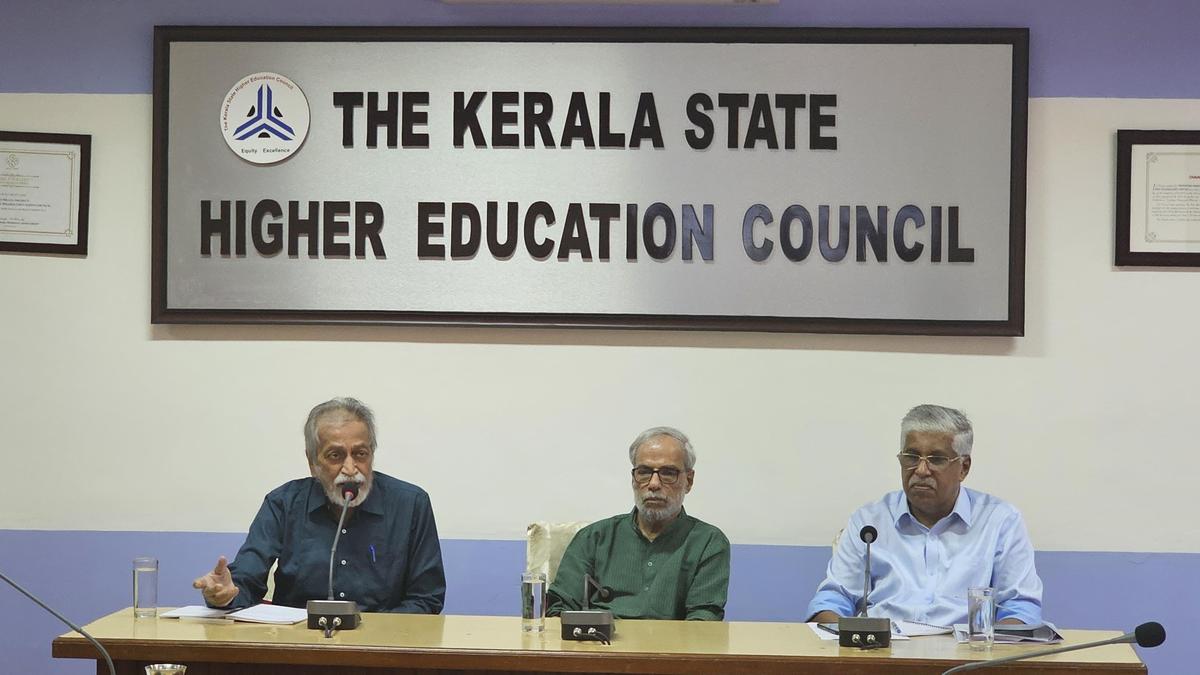
UGC draft regulations an infringement on the rights of State governments, says Prabhat Patnaik
The Hindu
Economist Prabhat Patnaik criticizes UGC Regulations 2025 for undermining State government rights and academic integrity.
Economist and academic Prabhat Patnaik has strongly criticised the Draft University Grants Commission (UGC) Regulations, 2025, calling them an assault on the rights of State governments.
He said that the most troubling aspect of the UGC (Minimum Qualifications for Appointment and Promotion of Teachers and Academic Staff in Universities and Colleges and Measures for the Maintenance of Standards in Higher Education) Regulations, 2025, was the control they gave to the Governor-cum-Chancellor over the selection of Vice-Chancellors in State-run universities.
Prof. Patnaik, speaking at a seminar organised by the Kerala State Higher Education Council (KSHEC) in Thiruvananthapuram on Monday, said that the proposed guidelines would empower the Chancellor to appoint a three-member Selection Committee, with the Chairperson being a nominee of the Chancellor and two other members appointed indirectly by Central authorities.
He emphasised that the power to establish and supervise State universities lay with the State governments, as outlined in the Seventh Schedule of the Constitution. The UGC’s role, he argued, should be primarily focussed on coordination and standard-setting through consultation with universities, and not on imposing centralised control over their governance.
“The draft regulations not only sideline the role of the State governments, which contribute about 80% of the funding for State universities, but they also undermine the democratic functioning of the universities,” he said. “They include objectionable provisions that propose appointing Vice-Chancellors from the private sector or from commercial backgrounds, rather than prioritising academic expertise. This could lead to further commercialisation of higher education and erode its integrity, ultimately undermining academic freedom and critical thinking.”
Prof. Patnaik, who chaired a KSHEC-appointed committee to examine the legality of the draft regulations, called for their immediate withdrawal and urged that the new guidelines be developed in consultation with the State governments and all relevant stakeholders in the higher education sector.
KSHEC vice-chairperson Rajan Gurukkal, member secretary Rajan Varughese, former Vice-Chancellor of the National Institute of Educational Planning and Administration N.V. Varghese, and Director of the Prof. N.R. Madhava Menon Interdisciplinary Centre for Research Ethics and Protocols at Cusat, Vani Kesari, were present.













